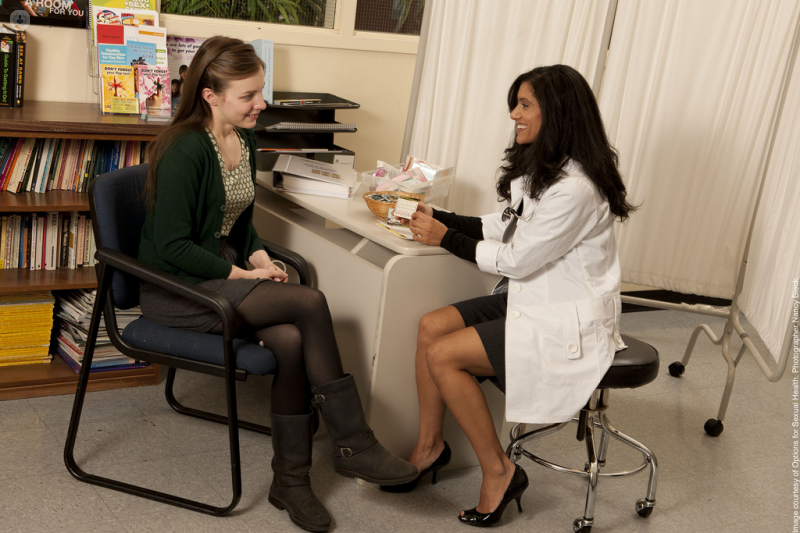


What is preventive medicine?
Preventive medicine is a combination of medical practices that are designed to avoid disease and illness. It is a proactive approach to patient care. Doctors use preventative measures to ensure that any sickness is minimised and detected early so that a patient has the best chance of recovery to optimum health. Rather than treating conditions once they arise, preventive medicine means getting ahead of the potential problems by promoting healthy behaviours and screening for diseases to keep people from becoming sick in the first place.
Who practices preventive medicine?
Licensed medical doctors (MD) or doctors of osteopathy (DO) practice preventive medicine.

What are the preventive services?
There are many methods for prevention of disease. It is recommended that children and adults visit their doctor regularly for check-ups even if they feel healthy. This is so that the doctor can perform disease screening, identify risk factors for disease, and discuss a plan for a healthy and balanced lifestyle and be up to date with vaccinations. The following services are available under preventive medicine:
- Blood pressure, diabetes and cholesterol tests
- Cancer screenings
- Counselling for depression
- Sexually transmitted infections
- Routine vaccinations against diseases such as measles or meningitis
- Counselling, screening and vaccines for healthy pregnancies
- Flu shots
Why is preventive medicine important?
Preventive medicine can detect pre or early stages of chronic diseases, such as diabetes or heart disease. Screening and detection are critical alongside healthy habits, which include eating well, exercising and no tobacco use.
What are the commonest diseases screened for in preventive medicine?
Some common screenings include checking for:
• High blood sugar (a risk factor for diabetes)
• High blood cholesterol
• Screening for colon cancer
• Depression
• HIV and other common types of STIs
• Mammography (to check for breast cancer)
• A Pap test (to check for cervical cancer)
• Screening for osteoporosis
Who benefits from preventive medicine?
Preventive medicine can be beneficial for everyone. However, the benefits are different depending on the individual person and their age. Before the age of 40, information and a close link with one dedicated doctor is very important. Between the ages of 40 and 70, chronic disease is at the highest risk.